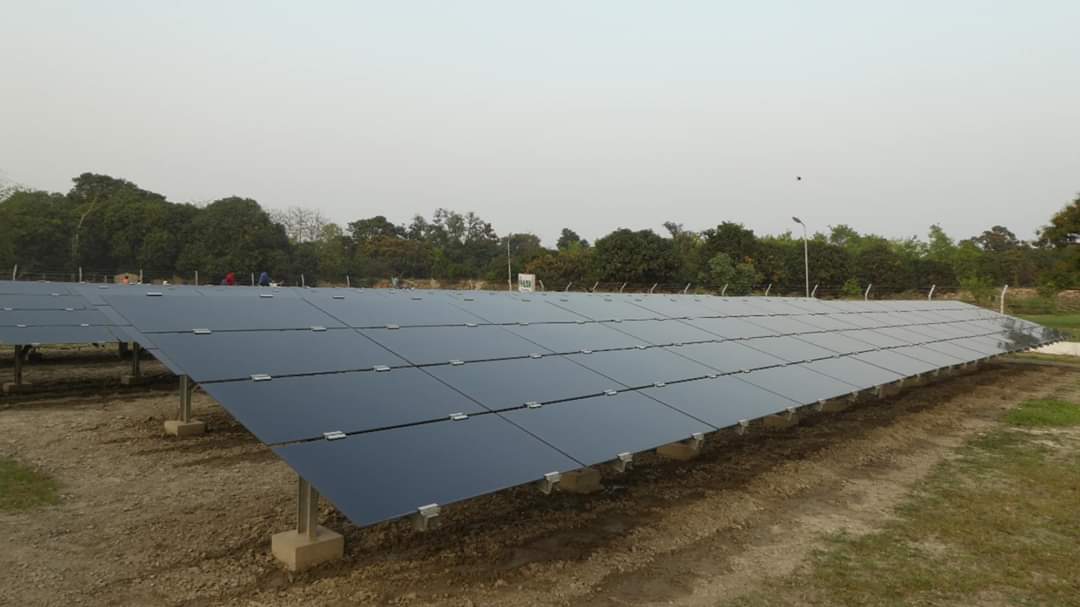Husk Power Systems, which operates the largest fleet of solar-hybrid microgrids in rural Asia and Africa, said this week that it has secured $6 million of new debt financing from the EU-funded impact investor Electrification Financing Initiative (EDFI ElectriFI).
EDFI ElectriFI invests in early-stage companies and projects in the energy access sector. The long-term, low-cost debt financing to Husk is one of the largest investments in the microgrid industry by EDFI ElectriFI.
Husk said it would use the $6 million funding to electrify 80 additional communities in India with solar microgrids, offsetting more than 11,000 tonnes of CO2 by displacing a significant number of diesel generators. These 80 microgrids will benefit an estimated 60,000 people and connect nearly 10,000 new customers. It will allow Husk to double its customer base of micro, small and medium-sized enterprises (MSMEs), which drive rural economic activity but still rely heavily on polluting and expensive diesel generation.
This investment complements Husk’s largest-ever local-currency debt financing in the microgrid industry from the India Renewable Energy Development Agency (IREDA), raised earlier this year. Husk raised this debt, amounting to INR 310 million ($4.2 million), also for India.
Husk Power already has about 150 net-zero microgrids in operation in India. It is also present in Nigeria and plans to expand further in Sub-Saharan Africa.
Manoj Sinha, co-founder and CEO of Husk Power, said, “The EDFI ElectriFI debt will enable Husk to become EBITDA positive before the end of 2022…More importantly, we will achieve a net zero, broad-based economic impact on businesses and households in rural India and help MSMEs double their income through reduced energy costs.”
This content is protected by copyright and may not be reused. If you want to cooperate with us and would like to reuse some of our content, please contact: editors@pv-magazine.com.









Mohammedabad Gohana